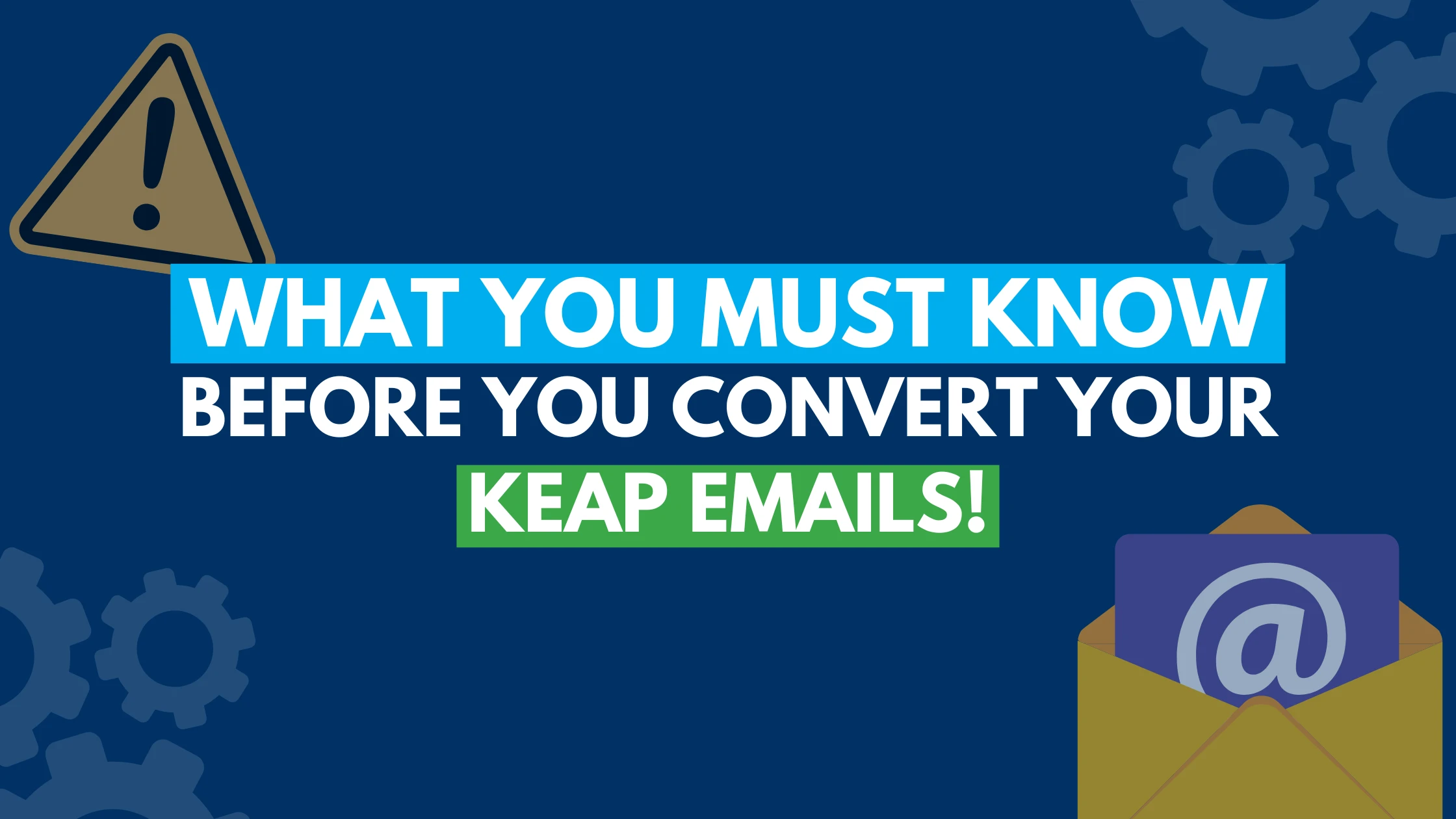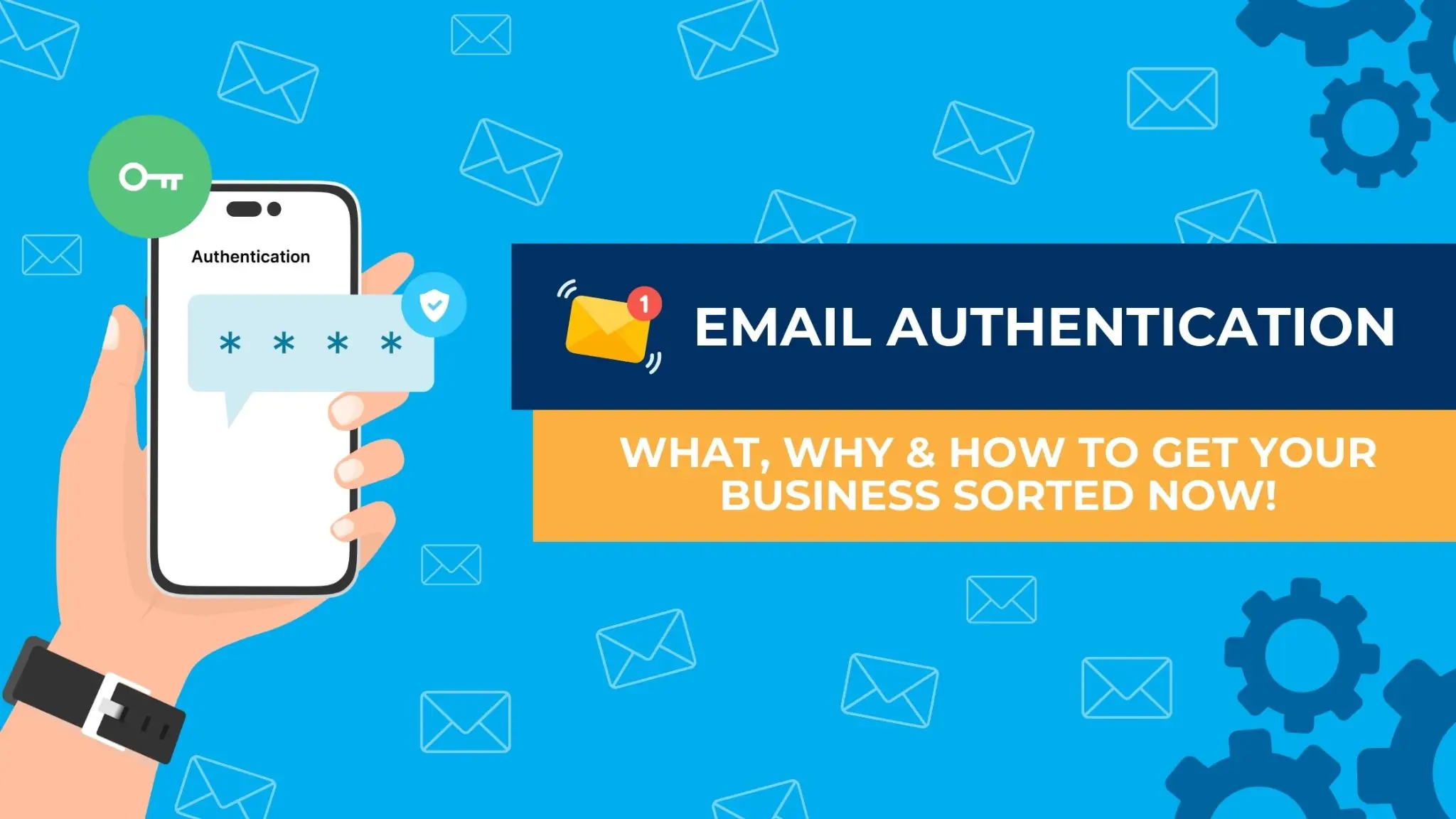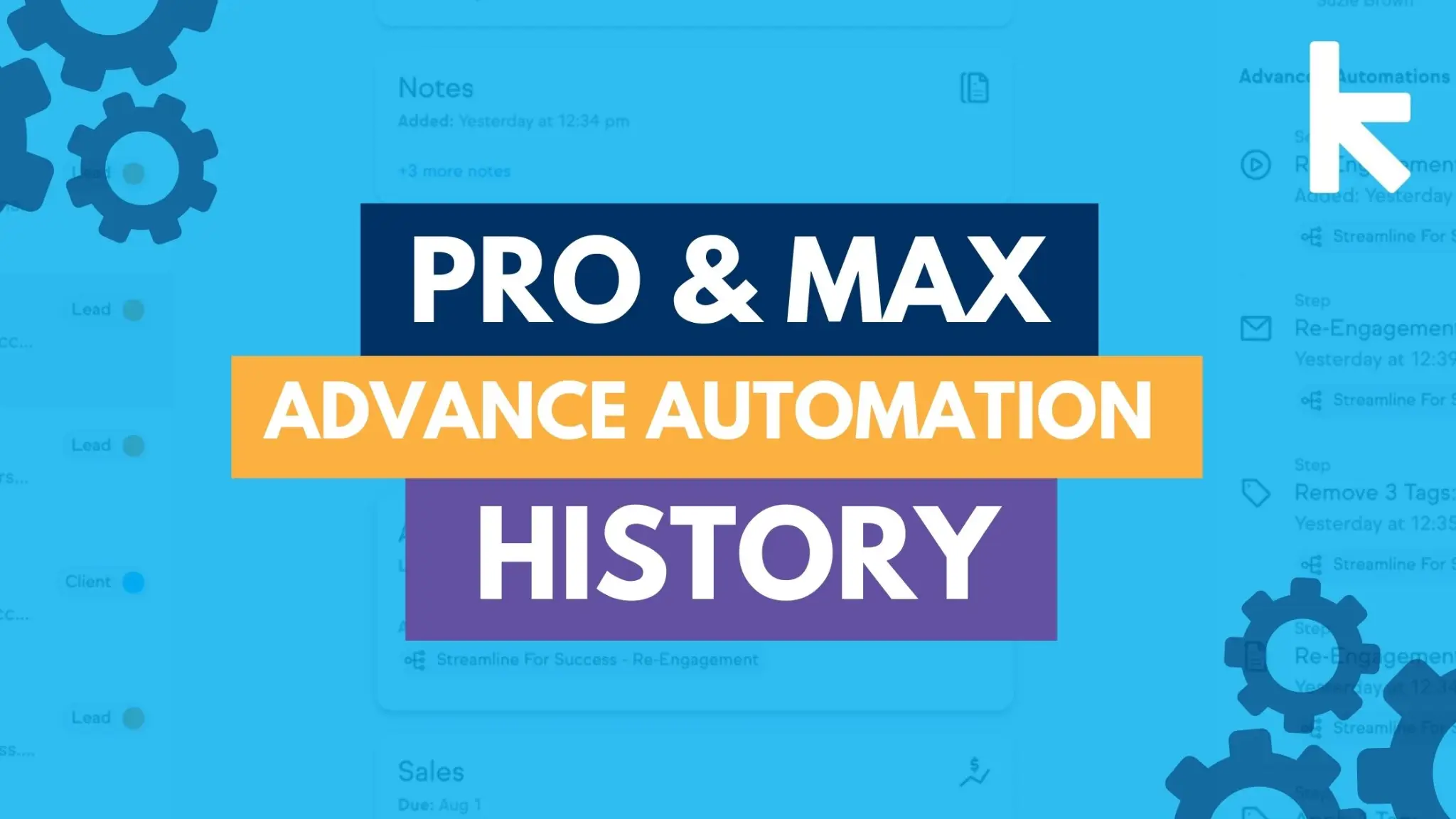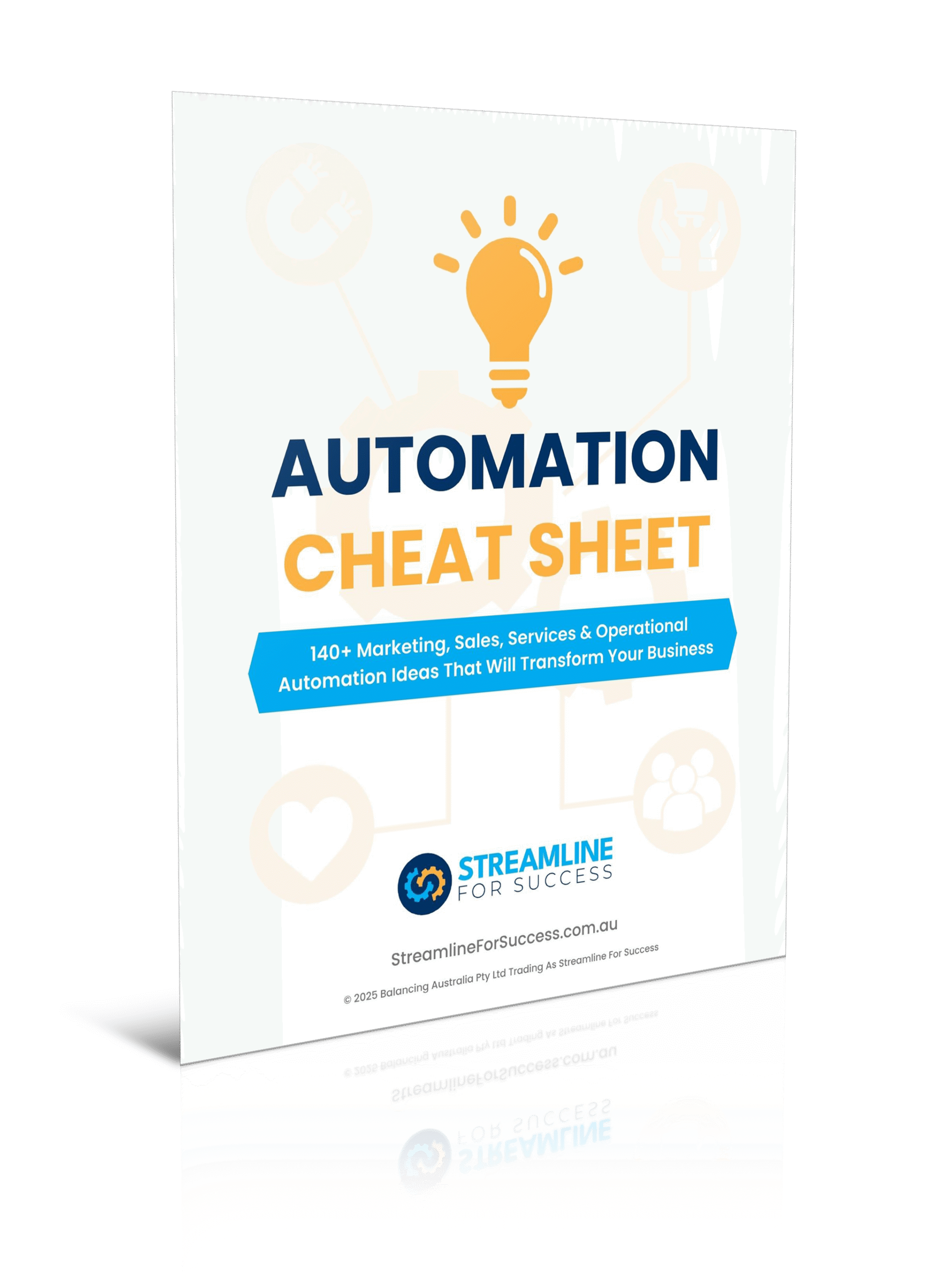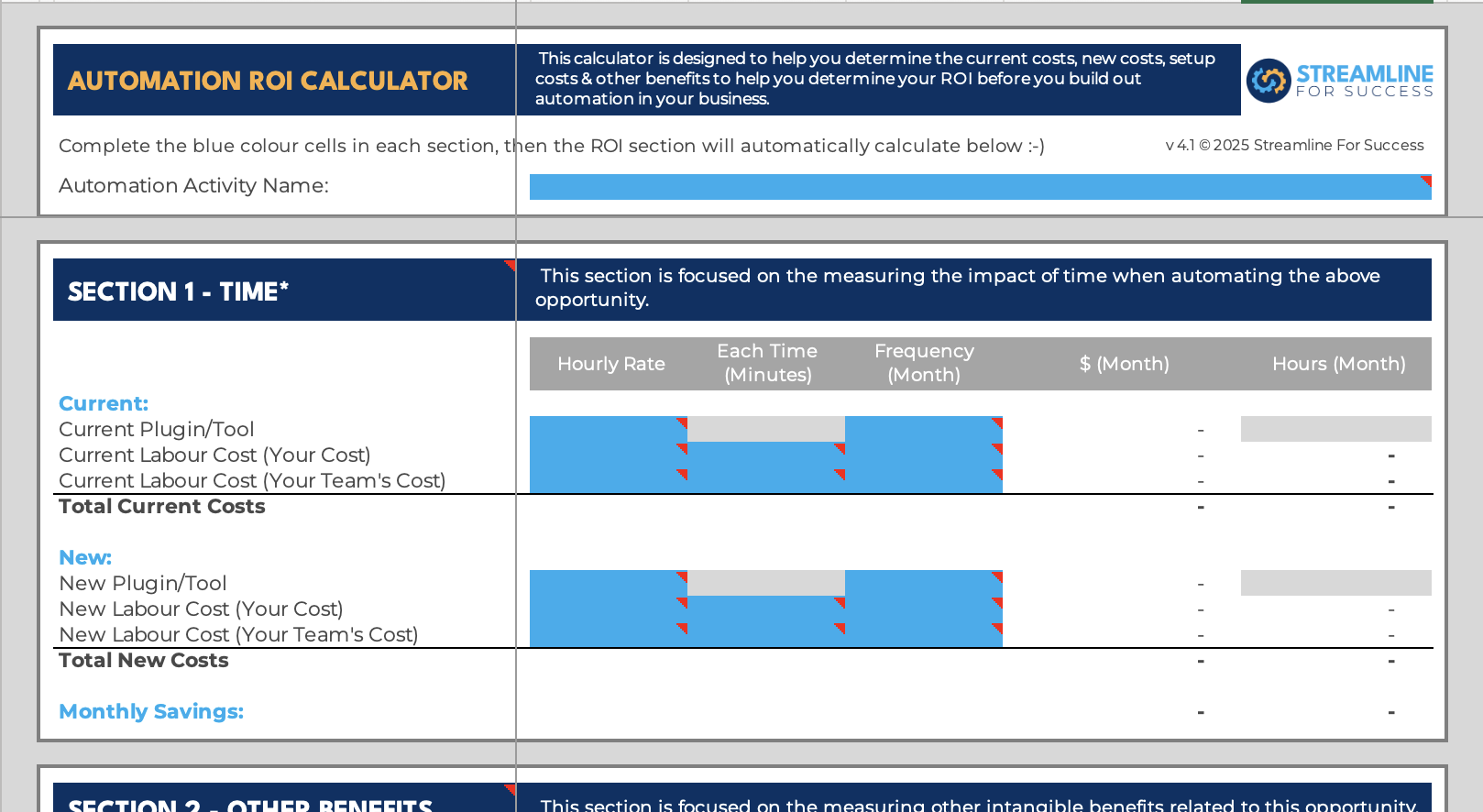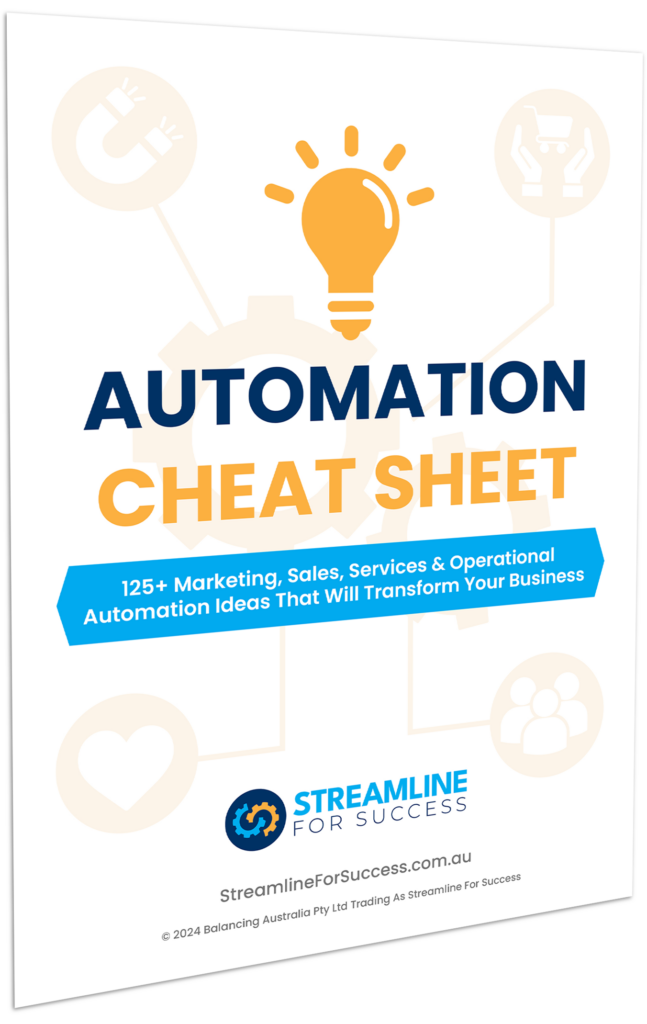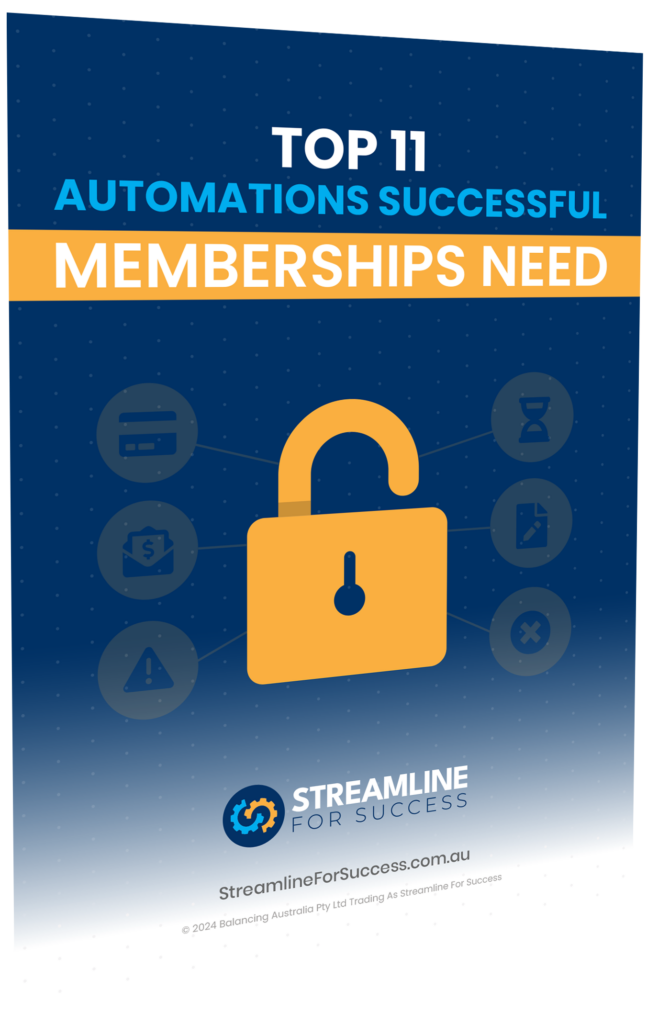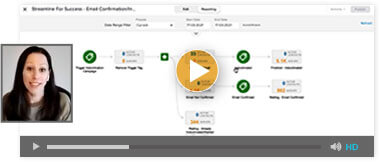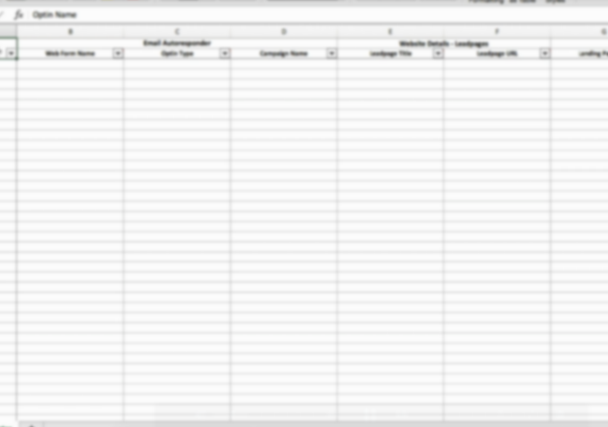I've been asked multiple times from clients, what is the best strategy for tagging in Infusionsoft?
So, it's probably time to set out our framework and share it with the world 🙂
What is a tag strategy?
What is a tag?
What is a tag category?
Recommended tag strategy?
What tag categories should I have?
How do I create or edit a tag category?
How should I name my tags?
Tag name examples
How can I create a tag?
How can I edit a tag?
How can I delete a tag (or should you?!?)?
Should I use tag description?
How do I transition to a new tag strategy?
Fundamentals
Firstly, let’s get some key terms clearly defined:
- Tag Strategy
- This is the approach used to organize and name your tags and tag categories
- Tags
- Tags are searchable labels that are used to segment contacts
- You can create unlimited tags
- Tags belong to only one tag category (like a file on your computer, can only belong to one folder)
- A contact can have unlimited number of tags applied to their record tag
- Tag Category
- Organisation/grouping of common tags together (as mentioned, like a folder)
- Although you can have unlimited tag categories, it's recommended that you don't go overboard!
Tag Strategy
In terms of our Infusionsoft tag strategy that we're suggesting here, it is just that…
One suggested approach.
There are many others outlined by other Infusionsoft gurus, plus of course your own.
The important message here is, pick a tag strategy and stick with it!
I was speaking with someone the other day and he mentioned how important a tagging strategy/structure is.
Yes, I guess it is important, particularly if you've got a heap of tags, but if we think about it, it is a hygiene activity.
Will your business still function without your tags being well organized and named?
Yes.
Will it make things easier for you if you had a clear structure and naming convention?
Yes.
The point I'm trying to get across is, if you don't have enough leads or sales coming in, then the best tagging strategy in the world isn't going to put food on the table!
Ok, with that being said 🙂 let me share our approach and certainly feel free to adopt it or take from it what you like.
But remember…
Choose an approach.
Embrace it by setting up the new approach, but make sure you plan how you're going to transition your old setup to your new setup.
I've mentioned a couple of important points later in this article so make sure you review all the information before you start.
Tag Categories
As outlined, a tag category in Infusionsoft is the name to describe a group of tags.
Here is our suggested naming for tag categories as well as a description for each.
| Ref | Title | Description |
| 01 | Optin | Tags related to the sign up of free offers/optins |
| 02 | Marketing | Tags related to prospect/marketing activities |
| 03 | Nurture | Tags related to nurturing activities |
| 04 | Sales | Tags related to the sales process |
| 05 | Purchases | Tags related to specific purchases of goods or services |
| 06 | Fulfilment | Tags related to the delivery of goods or services |
| 07 | Segmentation | Tags related to the segmentation/groupings of your database |
| 08 | Triggers | Tags used to internally start or stop automation in Infusionsoft |
| 09 | Admin | Tags related to specific internal admin functions |
| 10 | Imported | Tags related to importing or updating data into Infusionsoft |
| 11 | Integrations | Tags related to external plugin/app/system that work with Infusionsoft (typically I would create a separate tag category per plugin e.g. DynamicSync, AppointmentCore, CustomerHub, Memberium etc) |
| 12 | Archive | Unused or possible tags identified for deletion but you're unsure whether they can/should be. |
Access your “The Essential Infusionsoft Tag Guide”
Access the latest version of this tagging framework, see it in action in a real campaign and discover the immediate steps you must take to have tags work effectively in your business.
You might be wondering…. Why have numbering at the start?
You'll notice that we're starting with more lead generation/prospect type tag categories, then moving into nurture, then customers, then more admin type tags.
By putting them in numerical order, I can easily know in what order they should appear – towards the top, middle or end (depending on the type of category and where it should functionally sit).
I find this more helpful than alphabetical.
Also, something I feel I should clarify here, why did I split out separately Optin and Purchases?
These are typically core actions that a contact will take if they sign up for something free or purchase a product or service.
With a lot of clients that we work with, we want to easily be able to see these specific actions, hence why we have pulled these out into their own categories.
So… what if you want to create more tag categories than what's suggested?
Sure, you can use this structure and adjust to fit your business.
You'll see below we have some examples when you may wish to use this framework and how to insert a new sub category underneath one of the above options.
To create or edit your tag categories, you can go to CRM / Settings / Tag Categories

Ok, so that's the tag categories that we recommend using in Infusionsoft.
So how about some examples?!?
Tag Name
In the following table, not only are we going to provide some specific examples of tags for each tag category, but it's worth noting some suggestions for the naming of tags before we start.
Actually, I believe this is even more important than putting them in the right category.
By having a good naming convention, means that you can easily search and identify tags.
Particularly if you want to find similar tags related to an optin/product/service and how particular behaviours/actions are being stored in the tag name.
For example, anything related to Product XYZ we are putting that product/service name at the start of the tag name.
Even if the tag belongs in the Marketing, Sales or Fulfilment categories.
For example:
- Product XYZ – Sales Page Clicked [Sales Tag Category]
- Product XYZ – Purchases [Purchased Category]
- Product XYZ – Onboard Call – Completed [Fulfilment Category]
You'll see that further demonstrated in the table below.
We find this incredibly useful to put the name of the “thing” at the start of the tag.
Also, we have used common keywords to describe regular behaviours/actions that contacts might take and put that at the end of the tag name.
For example:
- Clicked
- Downloaded
- Attended
- Completed
These behaviours are reflected at the end of the tag name, again so we can search for behaviours using the same keywords, however, so that the primary “thing” we're talking about is at the front of the tag.
This allows for easier searching of your thing “Product XYZ” and you can also search for anyone who has “Downloaded” anything by typing in these keywords.
Another component worth mentioning is that you also want to make sure that the tag is somewhat descriptive enough so you know what it's about.
Nothing worse than 1 years' time, you have no idea what that tags was created or used for!
(We see this all the time, so make it easier on yourself by naming it appropriately).
The other thing too is that you don't want the tag name to be too long.
I have had integrations fail because the tag name was too long and it didn't work.
Something to keep in mind.
Alright, lets look at some tag examples for each tag category. I have also made notes to help clarify a few points below.
| Ref | Title | Example |
| 01 | Optin | Optin – Report Name Optin – Report Name Downloaded Optin – Free Video Series |
| 02 | Marketing | Free Session – Invited Free Video Series – Optin Clicked Free Video Series – Video 1 Clicked Free Session – Rescheduled Free Webinar XYZ – Attended (Note – if you have a major marketing initiative with a lot of tags, it might be worthwhile splitting this out into its own subcategory e.g. 02A Marketing – Free Event) |
| 03 | Nurture | Newsletter Subscriber Newsletter Subscriber – DON'T OFFER Indoctrinated Re-engagement Campaign – ACTIVE Blog – XYZ Clicked Broadcast – ABC Clicked (this would be for other material – not to a sales page/offer/blog post) |
| 04 | Sales | Product XYZ – Sales Page Clicked Product XYZ – Sales Page Visited Product XYZ – Step 1 Purchase Product XYZ – Cart Abandonment |
| 05 | Purchases | Product XYZ – Purchased Product ABC – Purchased |
| 06 | Fulfilment | Product XYZ – On Boarding Call – Completed Product XYZ – Program Finished Product XYZ – Feedback – Requested Facebook Group – Invite Sent (Note: If you have have multiple products/services and a major product/service that you have a lot of tags for, then you may wish to create it's own category and have this for all your other products/services e.g. 06A Fulfilment – Product XYZ) |
| 07 | Segmentation | Interested In ABC Interested In XYZ (Note – Typically these are the more high level segmentation of your database, not so much individual products/services as that's captured in the sales category. For example, a gym, someone could be interested in one-one training, group training, supplements, dieting, swimming, clothing etc, by capturing this segmentation at various points will allow you to get a sense of who in your database is interested in what (Don't forget if they optin for that topic or click on a blog article in a broadcast/newsletter, then you could also update their segmentation based on those activities)) Pain / Major Concern / Goal – Item 1 Pain / Major Concern / Goal – Item 2 (Note – most businesses help clients solve problems, so if you can capture those who have that pain, major concern or goal that can help you direct your marketing messages specifically to these. For example a lot of businesses come to us as they want to increase sales and save time, these would be goals that we could track in this segmentation category.) Contact Type – Prospect Contact Type – Customer Contact Type – Past Customer Contact Type – Referral Partner Contact Type – Supplier Contact Type – Staff (Note – you can also store this information in the Person Type field on the contact record – if, and only if a contact would only ever be one of them… (e.g. someone could be a referral partner and customer). If they could be multiple, then suggest you use tags to segment the type of contact that they are. Remember though if you manage this information via tags, you may need to remove other tags later. For example if they are no longer a Customer, remove “Customer” and add “Past Customer”) |
| 08 | Triggers | Trigger – Indoctrination Campaign – START Trigger – Indoctrination Campaign – STOP |
| 09 | Admin | Product XYZ – Failed Payment Product YZA – Successful Payment Product ABC – Refunded |
| 10 | Imported | Imported DD-MM-YY |
| 11 | Integrations | Membership Access – XYZ Level DynamicSync – Free Event Registered |
| 12 | Archive | Archive – Test Tag (Note by using the word “Archive” at the start of the tag name this will hopefully flag to users should this all of a sudden be selected/used, that it needs to be updated and categories into a different tag category). |
Tag Creation / Tag Editing / Tag Deletion
Alright, so now that we have an idea of our tag strategy and naming conventions for tags, you may wish to create some new tags.
The best place I find to create tags is within campaign builder.
Why? Because this will automatically date stamp when it was created.
But do you need to? Absolutely not!
You can go directly into CRM / Settings / Tags and create your tags in there.
You can also edit your existing tags in that same place.
BE CAREFUL! You may think this is a great idea to start deleting tags.
As much as the screen may say the tag isn't being used in any sequences, forms etc, this does not represent EVERYWHERE that the tag could be used in the system.

Don't make this mistake!
Unless you are 100% positive that it's not assigned to anyone and that it's not being used ANYWHERE, then you can delete old tags.
If you are a little scared or want to avoid potential issues because you just don't know for sure, and after doing a clean up of your tags, rename any you think you no longer need by putting the word “ARCHIVE” at the front of the tag name and creating and assigning them to a new tag category “12 ARCHIVE”.
That way you can move them out of the way for the moment and come back and review them later if need be.
(Of course, if you start using those tags, be sure to rename and move them to the relevant Tag Category).
Tag Description
If you are creating tags, it is a good practice to include a tag description in there as well.
If I'm really honest, I don't do this as much as I should.
Probably because we have a good tag naming conventions in place that are quite descriptive of the purpose of the tag.
However, not everyone will remember and also you may have new team members coming in to use the system that don't have the historical information to understand the purpose of that particular tag.
You can only add the tag description in the CRM / Settings / Tag area at this stage with Infusionsoft.
Transition To New Infusionsoft Tagging Strategy
This information might be helpful for you, but what specific action are you going to take?
If you're an existing Infusionsoft user, no doubt you have a bunch of tags and tag categories already setup.
We recommend that you go through a bit of a clean up process and at least implement the new tag categories (or repurpose the ones that you have) and start applying the new tag naming convention.
At some point it might be worthwhile cleaning up the old tags, but this could take some time, so keep that in mind and in perspective in terms of your other priorities in your business.
How To Update Your Tag Categories In Seconds Not Minutes/Hours
If you have a lot of tags that you need to reassign to a new tag category, you definitely want to check out XtendIn. Here is a video on what’s possible with this plugin to make it easier to manage your tags.
This can save you HOURS instead of having to enter every single tag record and update individually… this can now be done in BULK! Woo hoo!! (PS not mentioned in the video, you can only do this for tags that appear on the one screen, but this will save valuable time in your clean up activities).
(NOTE: Want The Essential Infusionsoft Tag Guide? Access the latest version of this tagging framework, see it in action in a real campaign and discover the immediate steps you must take to have tags work effectively in your business. Get your guide here.)






